
THREAD: iran nuclear threat dangerous escalation
LifeLine™ Media threads use our sophisticated algorithms to construct a thread around any topic you want, providing you with a detailed timeline, analysis, and related articles.
News Timeline


IRAN’S Nuclear Threat: A Dangerous Escalation
— Iran has filed a complaint with the United Nations Security Council over President Donald Trump’s recent warnings. Trump threatened bombing and more tariffs if Iran rejects a nuclear deal. His remarks have heightened tensions between Tehran and Washington during ongoing talks about Iran’s nuclear capabilities.
In reaction to Trump’s comments, Iranian leaders vowed to boost their defense measures. Supreme Leader Ali Khamenei’s adviser said Iran would have “no choice” but to seek nuclear weapons if attacked. This statement highlights the fragile relations between the two nations.
This issue is part of larger geopolitical tensions involving Iran’s nuclear ambitions and U.S. foreign policy under Trump. The heated words from both sides could lead to more military escalations in an already unstable region, raising fears of conflict and its impact on global security dynamics.

CHINA WARNS of Escalation Over US Tariff Moves
— China has issued a stern warning in response to recent U.S. tariff challenges, signaling potential escalation if tensions continue. A Chinese official stated that the situation could worsen dramatically if provoked further by the United States. Beijing remains committed to supporting its economy while criticizing U.S. actions as aggressive and harmful to international trade relations.
TAIWAN RALLIES UKRAINE SUPPORT Against CHINA THREATS
Taiwan is reportedly teaming up with Ukrainian companies to develop contingency plans due to rising tensions with China. This strategic move aims at bolstering Taiwan’s defenses and ensuring economic stability against potential threats from mainland China.
CONGO VIOLENCE SURGES, Raising HUMANITARIAN ALARMS
The conflict in the Democratic Republic of the Congo has intensified significantly, raising alarms over worsening humanitarian conditions. Local reports highlight increased violence, prompting international scrutiny of the situation’s impact on civilians.
South Sudan faces political turmoil following the arrest of a key military leader, confirmed by a vice-presidential spokesperson. This development threatens the country’s fragile peace deal amidst ongoing internal conflicts and power struggles. These stories underscore current geopolitical challenges as of March 5, 2025, reflecting a dynamic landscape
“British Couple’s NIGHTMARE in Iran IGNITES Diplomatic Fury”
— A BRITISH couple has been detained in Iran, sparking urgent calls for action from their family. They are urging the UK government to secure their release quickly. This incident raises alarms about the safety of foreign nationals in Iran.
UK officials have not shared details about the couple’s detention or any steps being taken to resolve it. The lack of information adds to the family’s anxiety and public concern.
The detention happens amid rising tensions between Iran and Western nations, complicating diplomatic efforts. This situation highlights ongoing geopolitical challenges and risks faced by UK citizens abroad.
For more updates on this developing story, visit LifeLine News at their dedicated news thread link provided above.

BRITISH Nationals TRAPPED in Iran: Urgent Diplomatic Battle Unfolds
— Two BRITISH nationals are trapped in Iran under unclear circumstances, sparking urgent diplomatic efforts from the UK. The UK government is actively engaging with Tehran to ensure their safety. This incident occurs amid rising tensions between the two nations, highlighting the need for a swift resolution.
The situation adds complexity to already strained relations between the UK and Iran. The UK remains committed to protecting its citizens abroad while navigating these challenging dynamics. Human rights advocates demand transparency regarding detainee treatment, urging adherence to international standards.
The UK Foreign Office maintains ongoing dialogue with Iranian authorities, seeking clarity and resolution. Efforts are underway to secure the release of those detained as more information becomes available. This case underscores potential impacts on diplomatic discussions and may influence future foreign policy towards Iran.
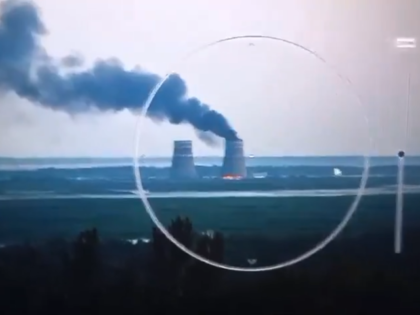
UKRAINE’S Nuclear Sites In Danger: Russian Threats Ignite Fear
— Ukraine relies heavily on nuclear power due to ongoing Russian strikes on its power grid. Over half of the country’s electricity now comes from nuclear energy. However, the unprotected nuclear switchyards, essential for transmitting this power, are at risk of attacks.
Despite warnings over a year ago, Ukraine’s Energy Ministry delayed action to secure these sites. Only recently did they start building defenses after Ukrainian intelligence pointed out potential Russian threats. Analysts say this response might be too late if an attack happens.
Oleksandr Kharchenko, a Ukrainian energy expert, warns that hitting two switchyards could cut supply for 30-36 hours and limit energy for weeks during winter. This delay in protection poses serious risks to civilian life and infrastructure resilience.
The U.N. nuclear agency has repeatedly warned about disaster potential if these switchyards are disrupted since they also help cool reactors and spent fuel at plants. Backup systems exist but are only temporary solutions during long outages, according to experts like Marcy R. Fowler from Open Nuclear Network.

SHOCKING ATTACK: Gunman Kills Iranian Supreme Court Judges
— A gunman in Tehran, Iran, shot and killed two Supreme Court judges before taking his own life. The attack has shocked the judicial community and raised security concerns for public officials. Witnesses described chaos during the incident, highlighting regional tensions.
State media reported widespread condemnation from political and social leaders in Iran. Authorities are investigating the motives behind this targeted attack on key legal figures. The judges’ deaths could spark debates on official safety and Iran’s political climate.
This event occurs amid unrest and pressure on judicial independence in Iran. Public reaction is a mix of shock and outrage, with calls for immediate protective measures for authority figures.
Details about the shooter remain unclear as law enforcement investigates further. This developing story will continue to unfold as more information becomes available.

— Trump hints at military action to secure Panama Canal and Greenland The president-elect emphasized the importance of US control over both regions for national security, stating he won’t dismiss the use of force

— UK Braces for Potential Unrest Amid Surge in Anti-Immigrant Violence: Authorities remain vigilant as Prime Minister Keir Starmer warns against complacency following threats from far-right activists targeting immigration sites Counter-protesters rally to protect asylum services, demonstrating solidarity against extremist actions
— China’s Xi Jinping Calls for Action to Prevent Future Mass Killings The Chinese president has emphasized the need for measures to ensure that recent mass killings do not recur in the nation

IRAN’S Year Of Struggles: Major Setbacks and Shocking Events
— Iran faced numerous challenges this past year. The fall of Syria’s Bashar al-Assad marked a major setback, weakening Iran’s influence in Gaza, Lebanon, and Syria. Its currency plummeted globally, and Israel severely damaged its proxy forces.
In April, tensions soared when Israel bombed the Iranian embassy in Syria. Iran retaliated with over 300 drones and missiles targeting Israel. However, a coalition of Israel, the U.S., Jordan, and Saudi Arabia intercepted nearly all threats successfully.
The death of former Iranian President Ebrahim Raisi in a helicopter crash added to Iran’s troubles. Raisi was seen as a potential successor to Supreme Leader Ayatollah Ali Khameini. Iranian officials blamed dense fog for the crash but it raised questions about internal stability.
Israel further showcased its reach by assassinating Hamas commander Ismail Haniyeh during his visit to Tehran for Iran’s presidential inauguration. This bold move highlighted ongoing regional tensions and underscored Iran’s vulnerabilities amid leadership changes and external pressures.

— Three Mile Island Restart: A Potential Nuclear Energy Revolution The planned restart of the Three Mile Island facility signals a pivotal moment for nuclear energy amid increasing interest from Big Tech companies
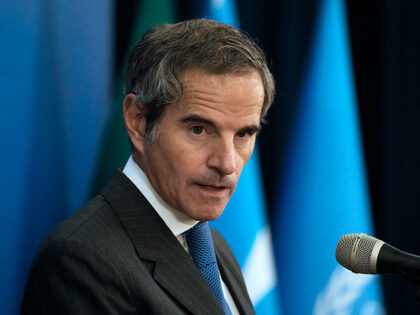
IRAN’S Nuclear Threat: Global Fears and Rising Pressure
— The world is worried about Iran’s nuclear activities. Rafael Grossi, head of the International Atomic Energy Agency (IAEA), stressed the need for “concrete, tangible and visible results” during his visit to Tehran. He urged Iran to show progress and ease tensions to possibly avoid conflict.
Grossi’s comments seem directed at Israeli Defense Minister Israel Katz’s recent statements. Katz pointed out Israel’s airstrikes in October, saying they revealed Iran’s nuclear sites to potential attacks. He claimed these actions might help remove threats against Israel.
Grossi criticized Iran for not cooperating with IAEA inspectors and increasing uranium enrichment activities. He noted that compliance with inspection rules stopped early in the Biden administration, complicating transparency efforts and resolution attempts.

— Israel Conducts Precision Strikes on Iranian Targets The Israeli military announced it executed three waves of strikes in retaliation for ongoing attacks from the Iranian regime
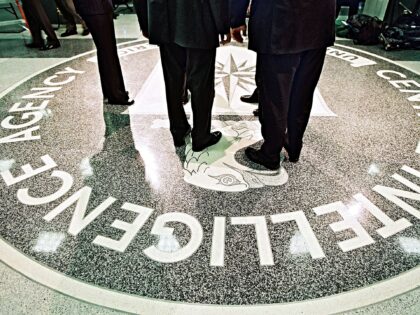
CIA and MI6 Chiefs WARN: Global Threats Looming
— The heads of the CIA and MI6 have issued a stark warning about global threats. They highlighted the war in Ukraine, sabotage in Europe, and rising tensions with China. “We saw the war in Ukraine coming,” they stated, emphasizing their role in alerting the international community.
They are actively working to disrupt Russia’s sabotage campaigns across Europe and address escalating conflicts like the Israel-Gaza situation. Counterterrorism efforts against ISIS are also a priority. The intelligence chiefs stressed that global stability is under threat like never before since the Cold War.
China’s rise is identified as the main geopolitical challenge of this century, prompting both agencies to reorganize their priorities accordingly. Russian intelligence activities were described as reckless, with recent incidents of sabotage and arson attacks on infrastructure in Europe being attributed to Moscow’s covert operations.;

ISRAEL WARNS of Iranian Aggression Amid US Cease-Fire Talks
— Israeli Defense Minister Yoav Gallant warned that “Iran’s aggression has reached an all-time high” during a meeting with U.S. Chairman of the Joint Chiefs of Staff Gen. Charles Q. Brown on Monday. Gallant emphasized the need for cooperation to counter threats from Iran-backed Hamas and Hezbollah, highlighting Israel’s strategic position. The meeting also included IDF Chief of Staff Lt. Gen. Herzi Halevi and took place in Tel Aviv.
Despite U.S.-led efforts to broker a cease-fire deal with Hamas, no agreement has been reached as long as Israeli forces remain in Gaza security corridors. Gallant reiterated Israel’s goals: dismantling Hamas, securing the return of hostages taken on Oct. 7, and improving security along the northern border for community safety.
Since Oct. 7, the conflict has resulted in significant casualties, with Gaza’s Health Ministry claiming around 40,000 Palestinian deaths without distinguishing between civilians and terrorists killed by Israeli forces since then have also suffered losses: nearly 700 soldiers and about 1,200 civilians have been killed following Hamas attacks on Israel
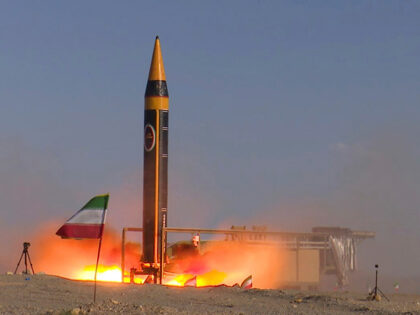
IRAN’S Nuclear Threat: Iaea Demands Compliance
— The International Atomic Energy Agency (IAEA) passed a resolution with a vote of 20-2, urging Iran to comply with its nuclear obligations. Russia and China opposed the measure, while the Biden administration reluctantly supported it despite concerns about jeopardizing nuclear deal negotiations.
A joint statement from the UK, France, and Germany emphasized the need for Iran to cooperate fully with the IAEA. The resolution followed Iran’s blocking of senior inspectors and its significant enrichment of uranium beyond limits set by Obama’s 2015 nuclear deal.
IAEA Director-General Rafael Grossi criticized Iran’s actions as “completely uncalled for” and “illogical.” Grossi visited Tehran in May to address issues including inspector bans and halted monitoring devices at nuclear sites.

RUSSIA’S Nuclear Warning: UK Military Sites in Crosshairs Amid Escalating Tensions
— Russia has heightened tensions by threatening to target UK military bases. This aggressive stance follows Britain’s decision to supply weapons to Ukraine, which Russia alleges have been used against its territory. This threat emerges as Russia prepares for President Vladimir Putin’s fifth term inauguration and the national Victory Day celebrations.
In a bold response to what it describes as Western provocations, Russia is set to conduct military drills that simulate the use of tactical nuclear weapons. These exercises are unique because they focus on battlefield nuclear capabilities, unlike typical maneuvers involving strategic nuclear forces. Tactical nuclear weapons are intended for localized impact, minimizing broader destruction.
The global community has expressed deep concern over these developments. U.N. spokesman Stephane Dujarric voiced worries about the increasing talk of nuclear arms usage, describing the current risks as “alarmingly high.” He emphasized the need for nations to refrain from actions that might lead to misjudgments or catastrophic consequences.
These events underscore a critical moment in international relations, highlighting the delicate balance between national defense and global security threats. The situation calls for careful diplomatic engagement and a reassessment of military strategies by all involved nations to prevent further escalation of tensions.
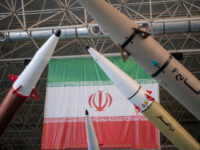
IRAN THREAT or Political Play? Netanyahu’s Strategy Questioned
— Benjamin Netanyahu has always pointed to Iran as a major threat since his first term in 1996. He has warned that a nuclear Iran could be disastrous and often mentions the possibility of military action. Israel’s own nuclear abilities, rarely talked about publicly, back up his tough stance.
Recent events have brought Israel and Iran closer to direct conflict. After an Iranian attack on Israel, which was a retaliation for an Israeli strike in Syria, Israel hit back by launching missiles at an Iranian air base. This marks a severe increase in their ongoing tensions.
Some critics think Netanyahu might be using the Iran issue to shift focus from problems at home, especially issues concerning Gaza. The timing and nature of these attacks suggest they could overshadow other regional conflicts, raising questions about their true intent.
The situation remains tense as both countries continue this dangerous confrontation. The world watches closely for any new developments that might signal either escalation or possible solutions to the conflict.
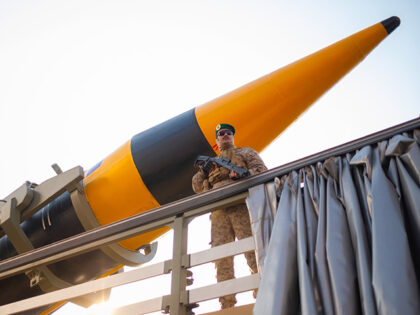
IRAN’S BOLD Strike: Over 300 Drones Target Israel in Unprecedented Assault
— In a bold move, Iran launched over 300 drones and missiles at Israel, marking a major spike in hostilities. This attack was directly from Iran, not through its usual channels like Hezbollah or the Houthi rebels. President Biden called this assault “unprecedented.” Despite the massive scale of this strike, Israel’s defense systems managed to intercept about 99 percent of these threats.
Iran hailed this as a “victory,” even though the damage was minimal and only one Israeli life was lost. The Islamic Revolutionary Guard Corps (IRGC), known as a terrorist organization by the U.S., spearheaded this attack after vowing revenge on Israel for targeting their leaders. This move is seen by many as proof of Iran feeling more bold due to current U.S. foreign policy decisions.
This aggressive act followed Iran’s expansion of its drone and missile programs after an important deadline from the Obama-era nuclear deal passed without action on October 18, 2023. This occurred despite Iran breaking the deal’s terms and backing terrorist attacks against Israel, including a recent massacre led by Hamas with Tehran’s support.
Iran’s latest actions show it ignoring international deals and underline worries about its nuclear plans. The regime’s pride in attacking Israel points to its ongoing threat to peace in the Middle East and worldwide security, sparking debate on how best to contain it moving
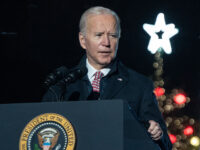
TIME to STOP Iran’s Terror Funding: The Unholy Alliance Exposed
— The current geopolitical landscape has raised serious concerns, according to a recent statement by Lawler. He drew attention to an emerging alliance between China, Russia, and Iran that is becoming increasingly visible. Notably, he identified China as the largest consumer of Iranian petroleum. These sales are providing financial support for dangerous terrorist groups.
Lawler stressed the need for immediate action against Iran in response to over 150 attacks on U.S. military bases and personnel since October 7. Tragically, these assaults have resulted in three servicemembers losing their lives. He called on the administration for a decisive response against Iran.
A bipartisan bill designed to curb illegal funds supporting terrorism was approved in the House after October 7 but has hit a roadblock in the Senate. Lawler urged both Senate and administration officials to advance this bill as part of a comprehensive strategy against these threats.
Lawler believes that an effective response should not only be military or diplomatic but also economic: cutting off funding at its roots. This multi-pronged approach is essential for effectively fighting terrorism.

FINAL WARNING: Yemen’s Houthi Launches Armed Drone at US Navy, Ignites Tensions
— A drone, armed and unmanned, was launched from Yemen under Houthi control. It came dangerously close — within a few miles — to U.S. Navy and commercial vessels before exploding on Thursday. This alarming incident unfolded mere hours after the White House and its allies issued a stern “final warning” to the Iran-backed militia group. They warned of potential military action if such attacks persisted.
This event marks a first for the Houthis — their initial use of an unmanned surface vessel (USV) since they began harassing commercial ships in the Red Sea following the outbreak of war between Israel and Hamas, as stated by Vice Admiral Brad Cooper, who leads U.S. Navy operations in the Middle East. Fabian Hinz, an expert in missile technology and research fellow at the International Institute for Strategic Studies, highlighted that these USVs form a crucial part of Houthi’s maritime weaponry arsenal.
Since late October last year, there has been an increase in aggression from Houthis with numerous attack drones and missiles targeted at commercial vessels traversing through Red Sea waters. In retaliation to these attacks, Defense Secretary Lloyd Austin announced Operation Prosperity Guardian this past December 2022; additional ships were deployed to safeguard commercial vessels navigating through Bab el-Mandeb Strait.
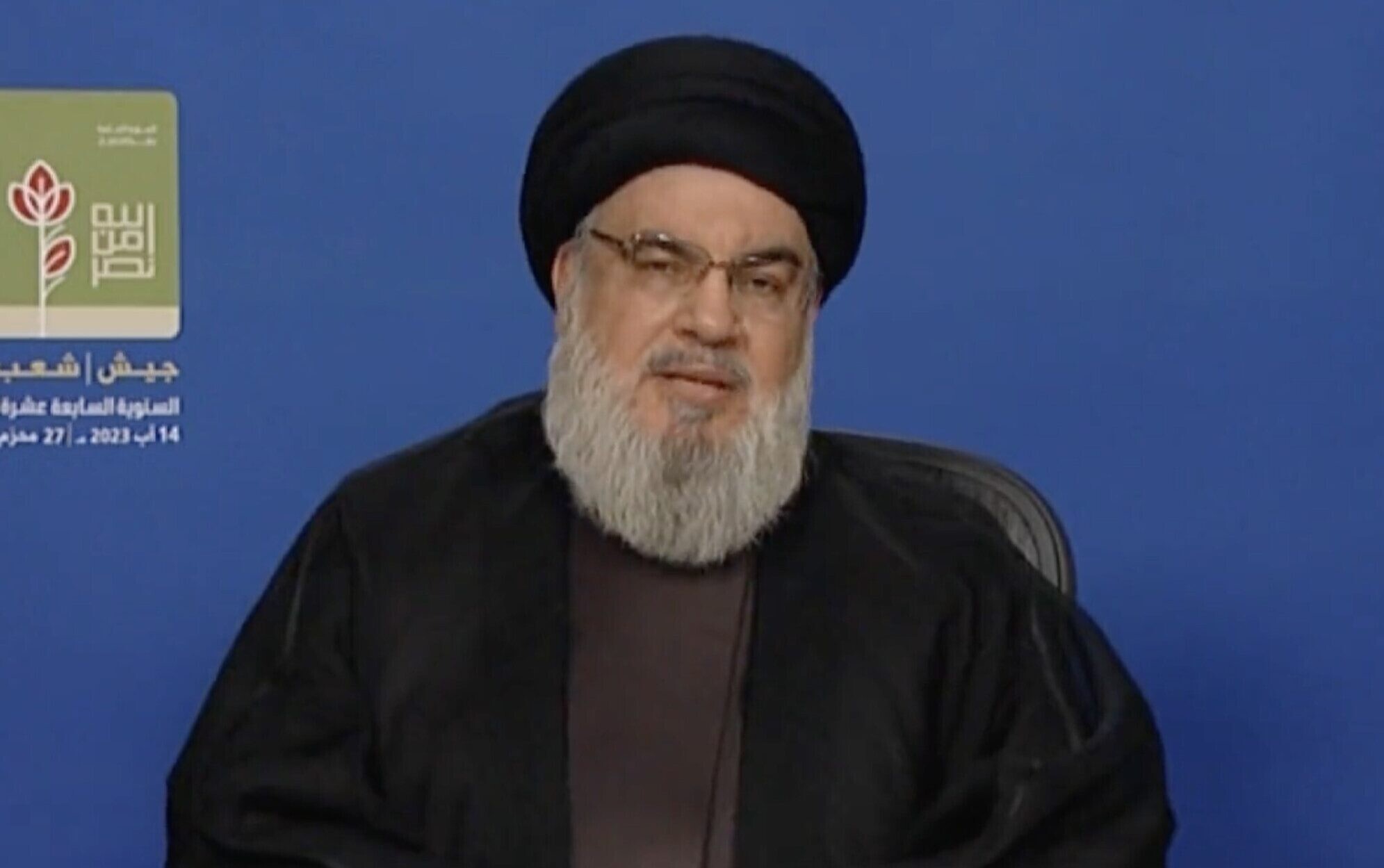
HEZBOLLAH CHIEF in Israel’S Crosshairs: The Looming Threat of a Wider Conflict
— Israel’s Foreign Minister, Eli Cohen, has issued a stern warning to the leader of Hezbollah, Hassan Nasrallah. He stated that Nasrallah is “next in line” on Israel’s military target list. Cohen urged the Lebanon-based group to pull back their forces from Israel’s border. He also emphasized that while political solutions will be pursued first, all options remain open for ensuring Israel’s security.
In recent times, there have been minor fire exchanges between Israeli and Hezbollah forces. The current Gaza conflict instigated by Hamas could potentially escalate into a larger confrontation involving Israel and Iran’s strongest terrorist proxy — Hezbollah. This week witnessed an escalation with an Israeli attack killing a Hezbollah fighter along with two family members. In retaliation, at least 34 rockets were fired into Israel by Hezbollah.
Eylon Levy, spokesman for Israeli Prime Minister Benjamin Netanyahu, warned of an impending broader conflict if Hezbollah does not retreat from the Israeli border as mandated by U.N. Resolution 1701. Levy accused both Hezbollah and its Iranian backers of pulling Lebanon into an unnecessary war initiated by Hamas.
The situation is further complicated by Iran’s claim that one of their Islamic Revolutionary Guard Corps generals was killed in an Israeli strike in Syria earlier this week. As tensions rise between these nations, it seems
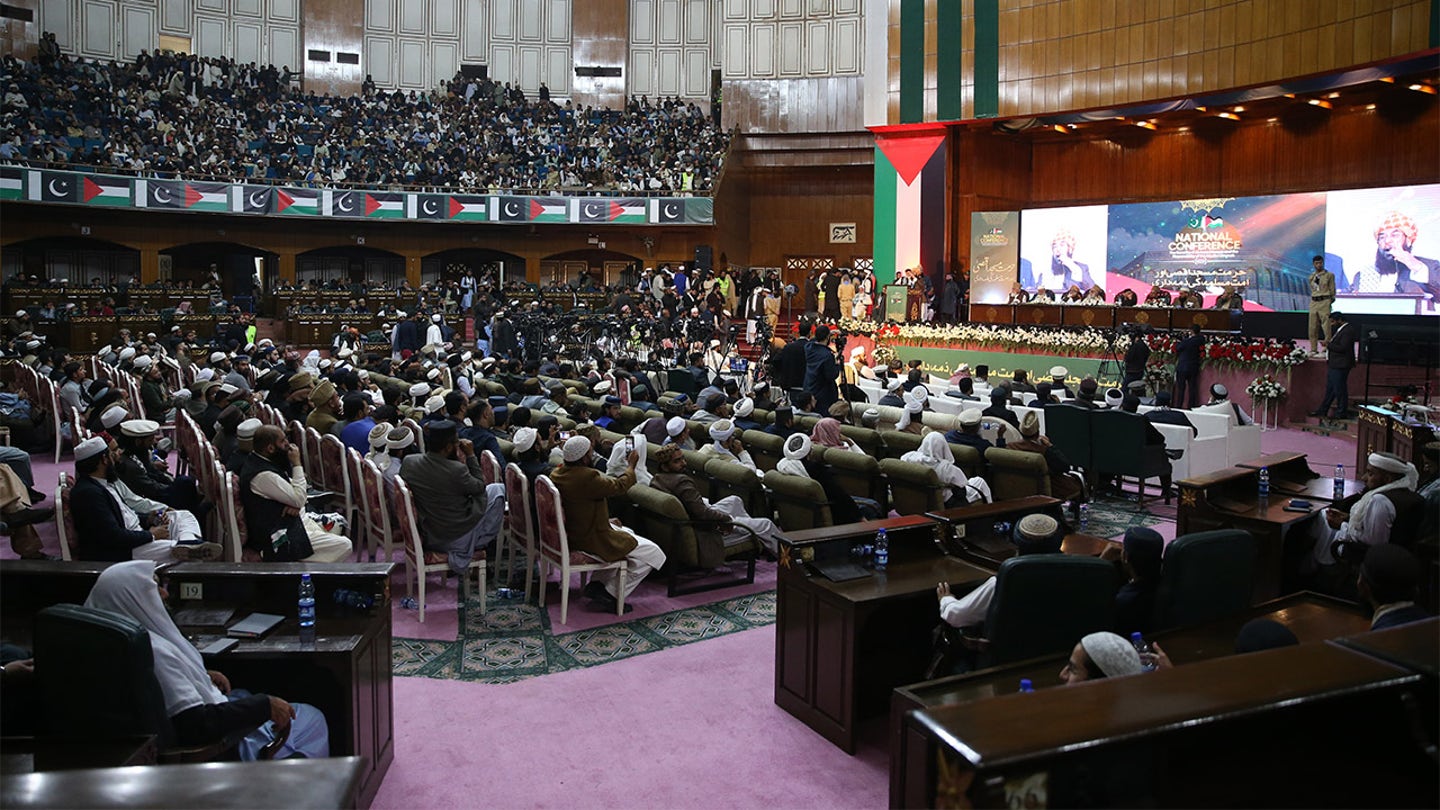
PAKISTAN’S Nuclear Leverage: Hamas Leaders Urge for a Showdown with Israel
— Leaders of Hamas and Islamic scholars gathered in Pakistan’s capital recently. They suggested that the ongoing conflict in Gaza might be stopped if nuclear-armed Pakistan were to threaten Israel. These remarks have been widely reported in Pakistani media and noted by the Middle East Media Research Institute (MEMRI).
The conference, titled “The Sanctity of Al-Aqsa Mosque and the Responsibility of the Islamic Ummah,” was put together by the “Pakistan Ummah Unity Assembly.” According to MEMRI, this assembly is a network of Islamic religious organizations.
Ismail Haniyeh, one of the main speakers at this event, called on Pakistan to take a more proactive role in resolving the Israel-Hamas conflict. He said, “If Pakistan threatens Israel, then we can halt this war. We have high hopes from Pakistan. They can compel Israel to back down.”
Haniyeh also referred to Jews as “the biggest enemy of Muslims worldwide.” This inflammatory language has raised eyebrows among international observers due to concerns about escalating tensions in an already unstable region.
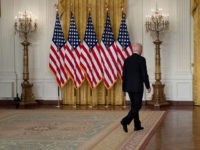
BLACKBURN BLASTS Biden: The Deterrence Disaster and the Fight to Regain Trust
— Senator Blackburn has recently taken President Biden to task over his approach to national security. She stressed the urgency of an “effective kinetic response” in order to restore deterrence, which she argues has been undermined during Biden’s tenure.
Blackburn highlighted that discontent within the Pentagon stems from the poorly executed withdrawal from Afghanistan. This incident sparked widespread skepticism towards the Biden administration among military ranks.
She further contended that even when faced with alternative strategies, President Biden stubbornly stuck with his flawed plan. He then hailed it as a success, contradicting the military’s evaluation.
In Blackburn’s view, restoring deterrence and executing an effective kinetic response are vital steps towards regaining credibility and trust within our nation’s defense department.
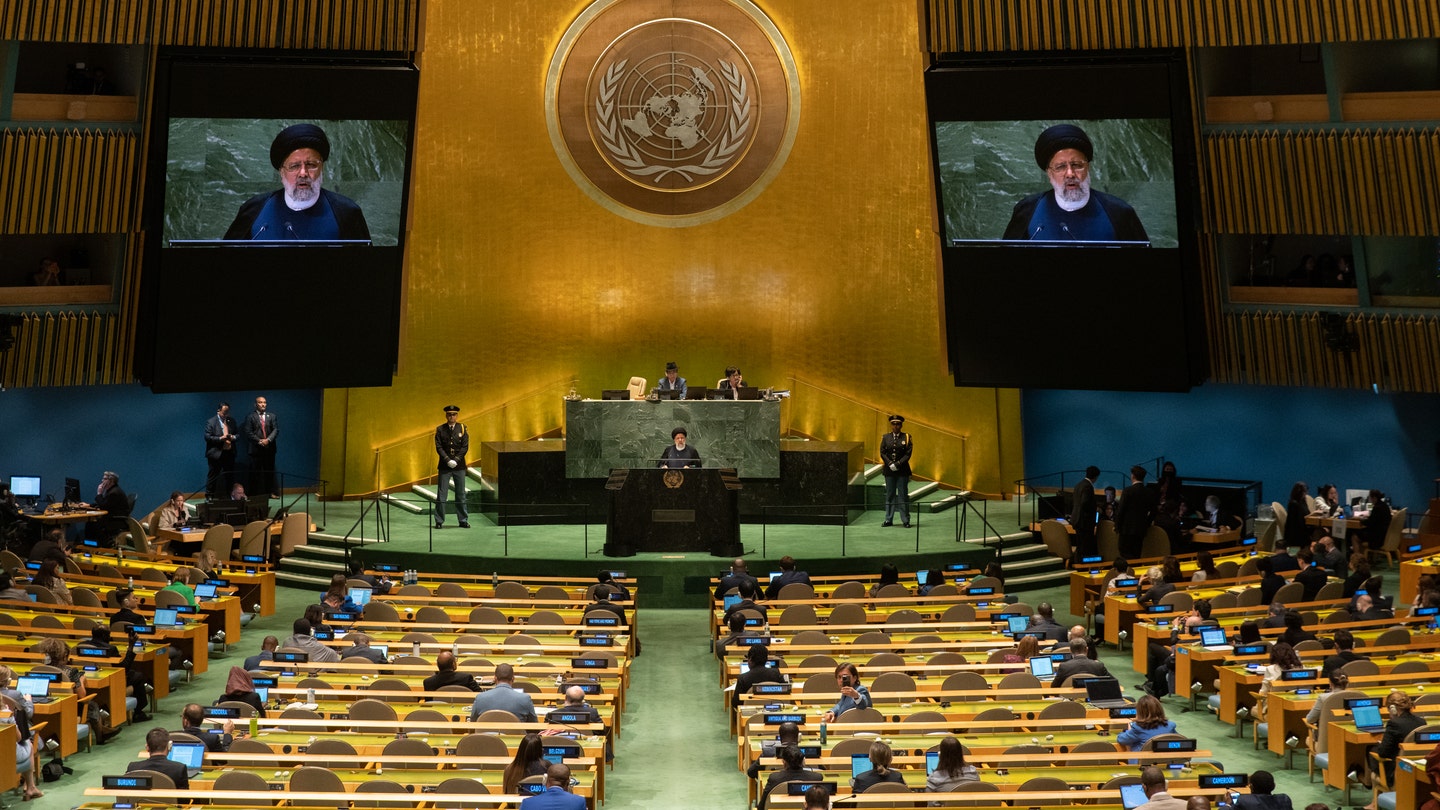
IRAN’S Death March: Over 100 Lives Silenced Since Hamas Attack
— Since the Hamas terrorist attack on October 7, Iran has silenced over a hundred lives, drawing global scrutiny. This alarming surge in executions, referred to as Tehran’s “execution spree,” was spotlighted by the National Council of Resistance of Iran (NCRI) on November 15, 2023.
The NCRI revealed this disturbing trend while the United Nations General Assembly’s Third Committee was contemplating a resolution to condemn Iran’s human rights abuses. Despite numerous UN rebukes for their “systematic and widespread violation of human rights,” the Iranian regime remains undeterred in its brutal execution campaign.
The council implored the international community to isolate Iran as a response to these heinous actions. The NCRI denounced any form of appeasement with Iran, notorious for its record-breaking executions and warmongering activities. They argued that such tolerance clearly contradicts international human rights standards.
Independent news outlet Al-Monitor reported that since October 7, Iran has executed 114 people for “fabricated crimes,” including vague charges like “corruption on Earth” and “enmity against God.” While the NCRI estimates slightly fewer executions at around 107 so far, they anticipate this number will continue to escalate in the coming days and weeks. This grim situation emphasizes an urgent call-to-action against Iran’s ongoing human rights

Video
ISRAEL STRIKES Hezbollah: Fears of Regional WAR Rise
— Israel launched airstrikes across southern Lebanon early Sunday, targeting Hezbollah positions. The strikes responded to recent rocket and drone attacks by the militant group. This follows the killing of key Hezbollah commander Fouad Shukur by Israeli forces last month.
Hezbollah retaliated by attacking Israeli military targets, escalating the situation. Reports confirmed at least three deaths in Lebanon with no Israeli casualties reported. Both sides claimed their strikes targeted only military installations, reflecting a strategic yet deadly tit-for-tat that has heightened regional tensions.
Israeli Prime Minister Benjamin Netanyahu emphasized defending Israel against these threats during a Cabinet meeting. He highlighted the success in neutralizing thousands of rockets directed at northern Israel and reiterated the nation’s resolve to protect its citizens amidst increased military readiness.
The latest developments have sparked fears of a broader regional conflict, with Iran potentially influencing additional militant groups to join the fray. This escalating tension between Israel and Hezbollah, coupled with the ongoing Gaza conflict, threatens to destabilize an already volatile region as mediators continue their efforts for peace.
More Videos
Invalid Query
The keyword entered was invalid, or we couldn't gather enough relevant information to construct a thread. Try checking the spelling or entering a broader search term. Often simple one-word terms are enough for our algorithms to build a detailed thread on the topic. Longer multi-word terms will refine the search but create a narrower information thread.

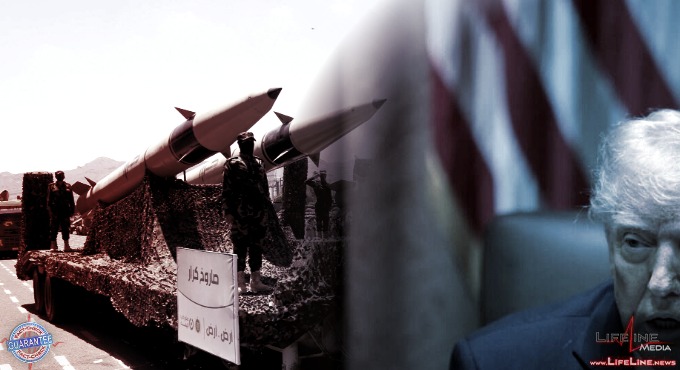
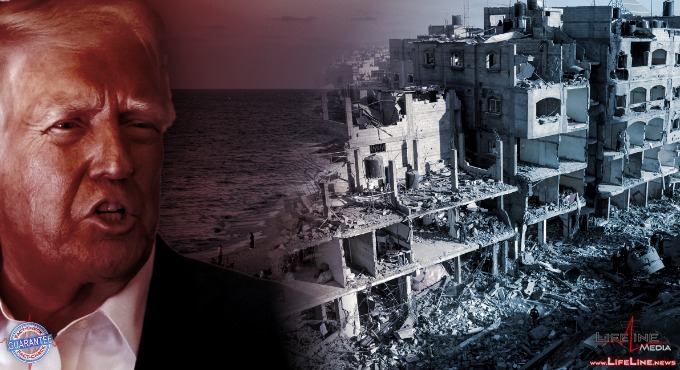

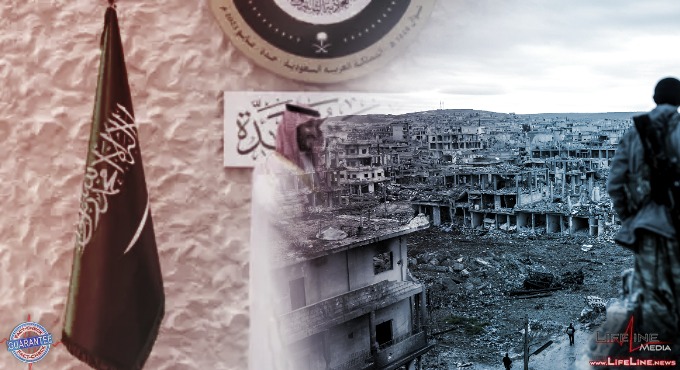
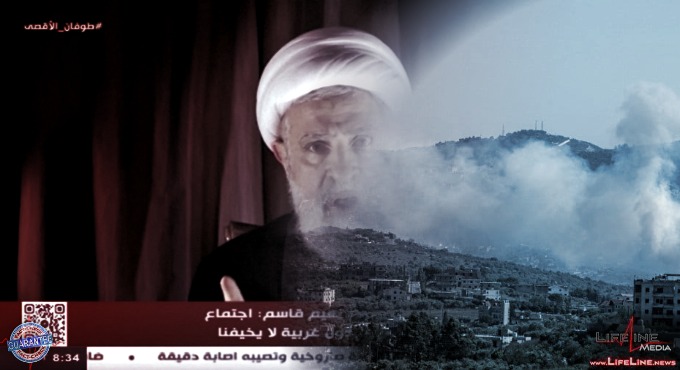






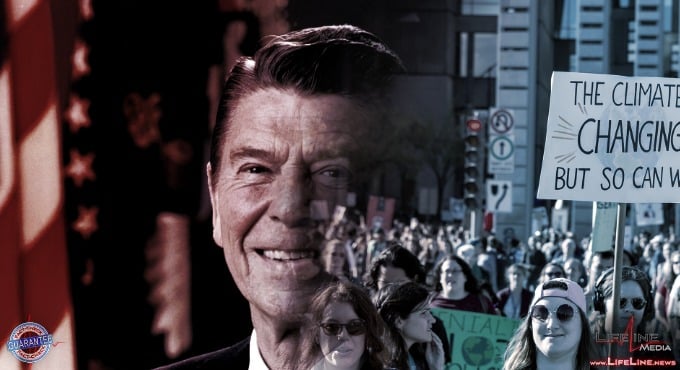


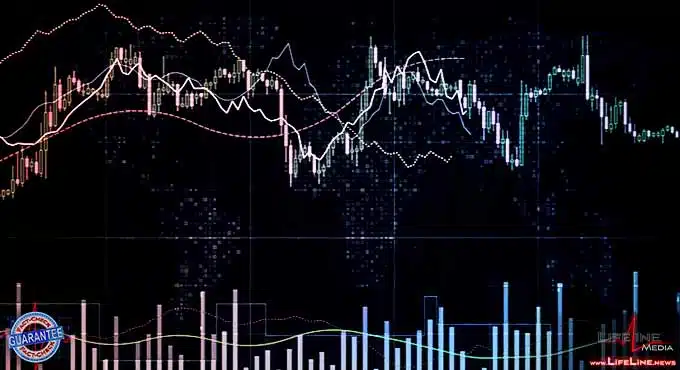
Social Chatter
What the World is SayingExplosive Detection Technology Market is Dazzling Worldwide and Forecast to 2030. Explosive Detection Technology Market is Dazzling Worldwide and Forecast to 2030 **Explosive detection technology market** is anticipated to grow at a CAGR of 6.3% during the forecast period (2024-2031). The explosive detection technology market is driven by increasing security concerns, stringent ...
. . .Treasury Sanctions Entities in Iran and Russia That Attempted to Interfere in the U.S. 2024 Election. Treasury Sanctions Entities in Iran and Russia That Attempted to Interfere in the U.S. 2024 Election I cannot, for the life of me, understand how my phone notifies me when Trump gives his "full & total endorsement" to Speaker Johnson and it doesn't notify me of this?? The media absolutely sucks at t...
. . .Irani S-500 missile system launches millions of ballistic missiles on Israeli fighter jet|Gta5. Irani S-500 missile system launches millions of ballistic missiles on Israeli fighter jet|Gta5
. . .Irani S-500 missile system launches millions of ballistic missiles on Israeli fighter jet|Gta5. Irani S-500 missile system launches millions of ballistic missiles on Israeli fighter jet|Gta5
. . .Irani S-500 missile system launches millions of ballistic missiles on Israeli fighter jet|Gta5. Irani S-500 missile system launches millions of ballistic missiles on Israeli fighter jet|Gta5
. . .